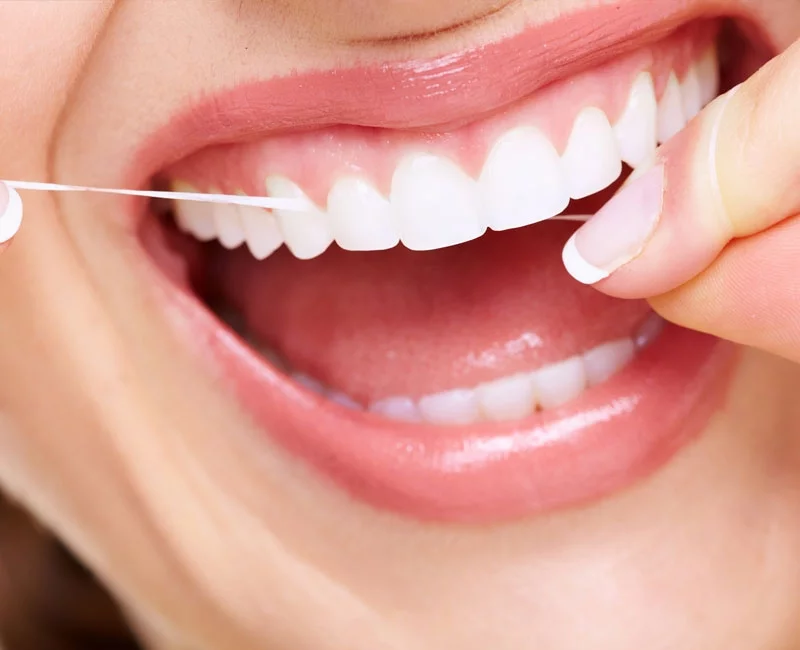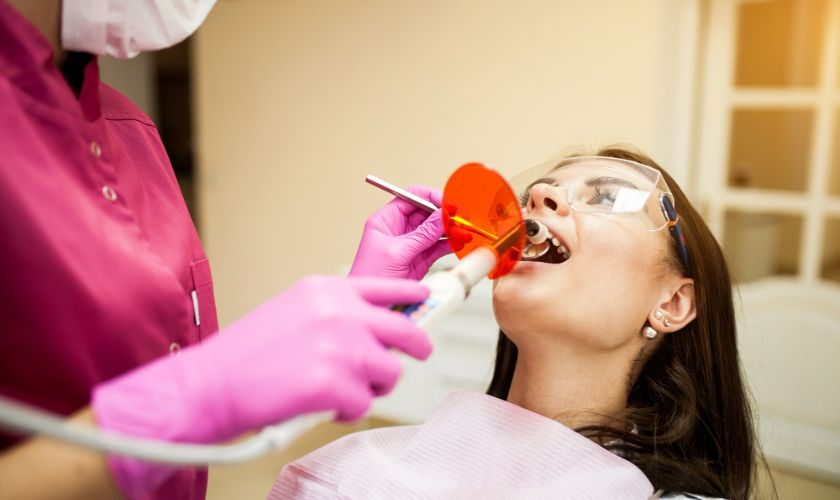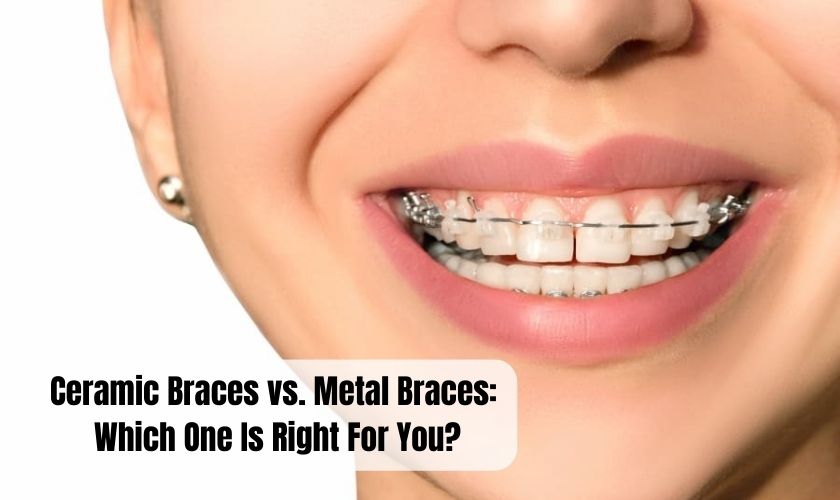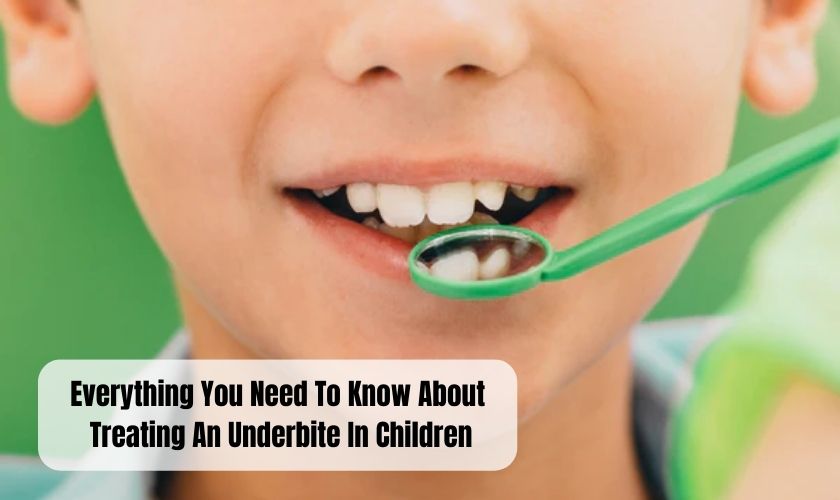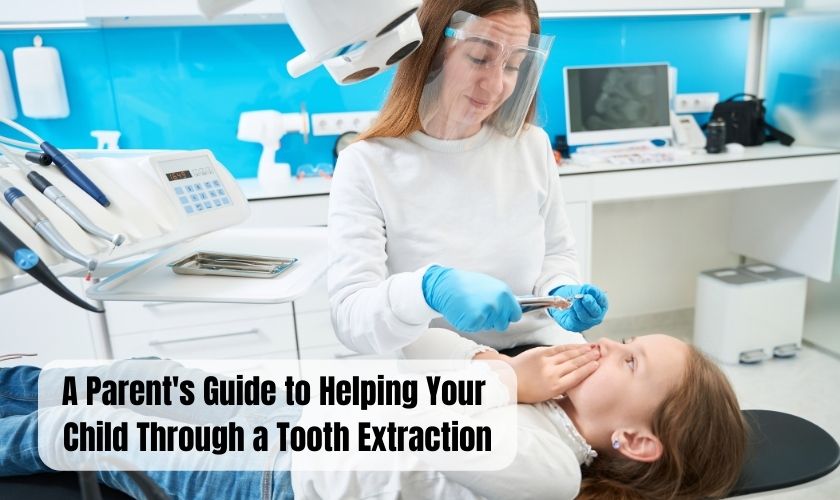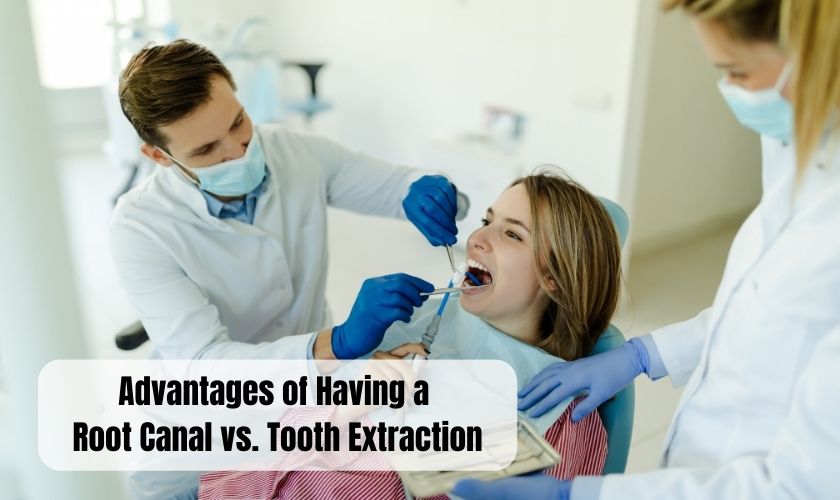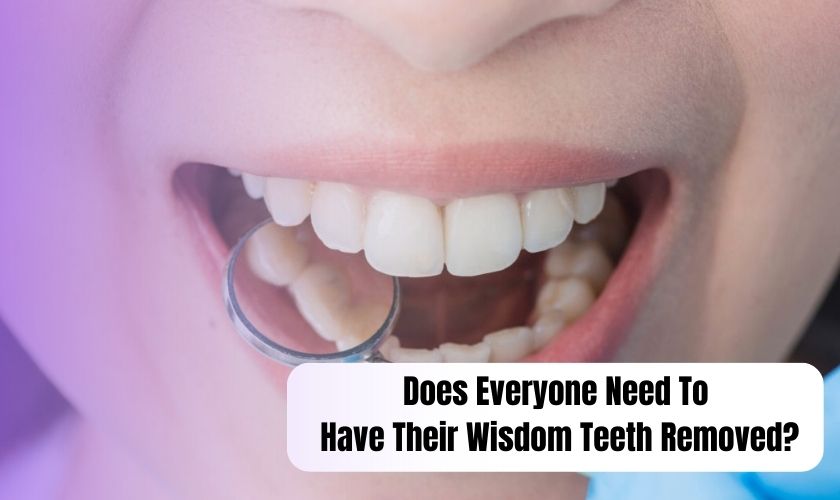Maintaining good oral health is essential for overall well-being, and regular dental cleanings are crucial. Dental cleanings, also known as dental prophylaxis, involve the removal of plaque, tartar, and stains from the teeth, leaving your smile healthy and bright. This informative blog will explore the importance of regular dental cleanings for oral health and highlight the numerous benefits these cleanings offer.
Prevention Of Dental Problems
One of the primary benefits of regular dental cleanings is preventing dental problems. Even with diligent brushing and flossing, some plaque can remain on the teeth, hardening into tartar over time. Tartar buildup not only leads to cavities but also contributes to gum disease. Dental cleanings remove plaque and tartar, significantly reducing the risk of dental issues and helping to maintain healthy gums and teeth.
Early Detection Of Dental Issues
During a dental cleaning, the dentist or dental hygienist thoroughly examines your mouth for any signs of dental problems. Regular cleanings allow for the early detection of issues such as cavities, gum disease, oral cancer, and other abnormalities. Detecting problems early on makes them easier to treat and can save you from more extensive and costly dental procedures in the future.
Improved Oral Health And Fresh Breath
Dental cleanings leave your mouth feeling fresh and clean. Removing plaque, tartar, and stains from the teeth helps to improve your oral health, giving you a confident smile and fresh breath. Moreover, regular cleanings contribute to a healthy oral microbiome, reducing the presence of harmful bacteria that can lead to bad breath.
Preservation Of Overall Health
Maintaining good oral health is not just about having a beautiful smile; it is also linked to overall health. Poor oral hygiene and untreated dental issues can have systemic effects associated with heart disease, diabetes, respiratory problems, etc. Regular dental cleanings help preserve overall health by reducing the risk of these systemic conditions.
Personalized Oral Care Tips
The dental professional will provide personalized oral care tips during your dental cleaning appointment based on your unique needs and concerns. They will advise you on proper brushing and flossing techniques, suggest suitable oral care products, and address any questions you may have about your dental health. These personalized tips empower you to take better care of your teeth at home between dental visits.
Stain Removal And Brighter Smile
Over time, certain foods, beverages, and habits like smoking can cause stains and discoloration on your teeth. Regular dental cleanings include stain removal, polishing, teeth whitening procedures, and restoring your smile’s brightness and luster.
Painless And Non-Invasive
Contrary to common misconceptions, dental cleanings are typically painless and non-invasive. The dental hygienist uses specialized tools to remove plaque and tartar gently; local anesthesia is not usually required for cleanings. Patients may experience minimal sensitivity during the procedure, but it is generally well-tolerated.
The Bottom Line
Regular dental cleanings are a cornerstone of good oral health, offering numerous benefits beyond a beautiful smile. From preventing dental problems to preserving overall health, dental cleanings are an essential part of your oral care routine. By combining professional cleanings with proper at-home oral hygiene and a healthy lifestyle, you can maintain a confident and healthy smile for years. Don’t neglect your dental health – schedule your next dental cleaning and embrace the path to optimal oral wellness. Your smile will thank you!

